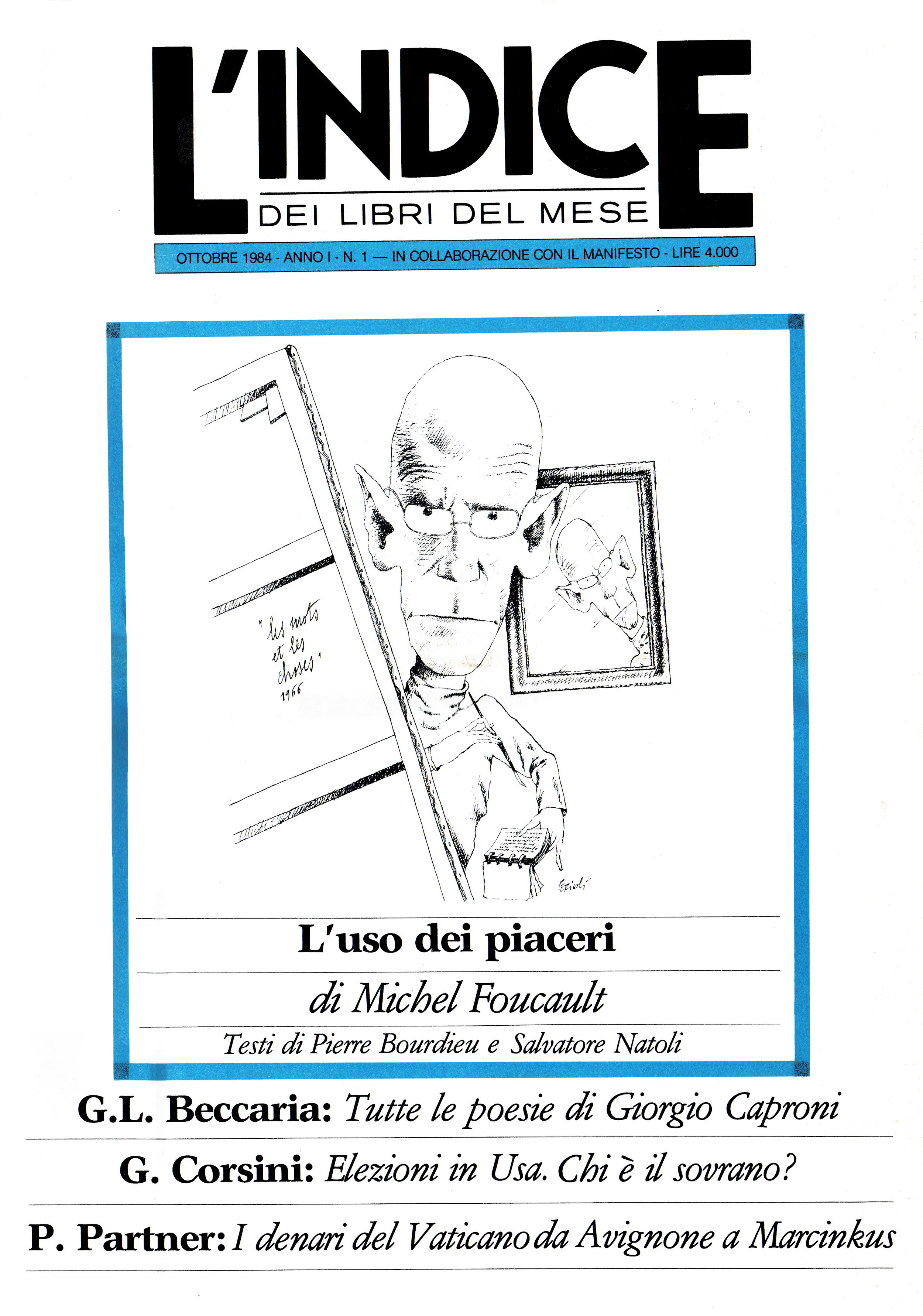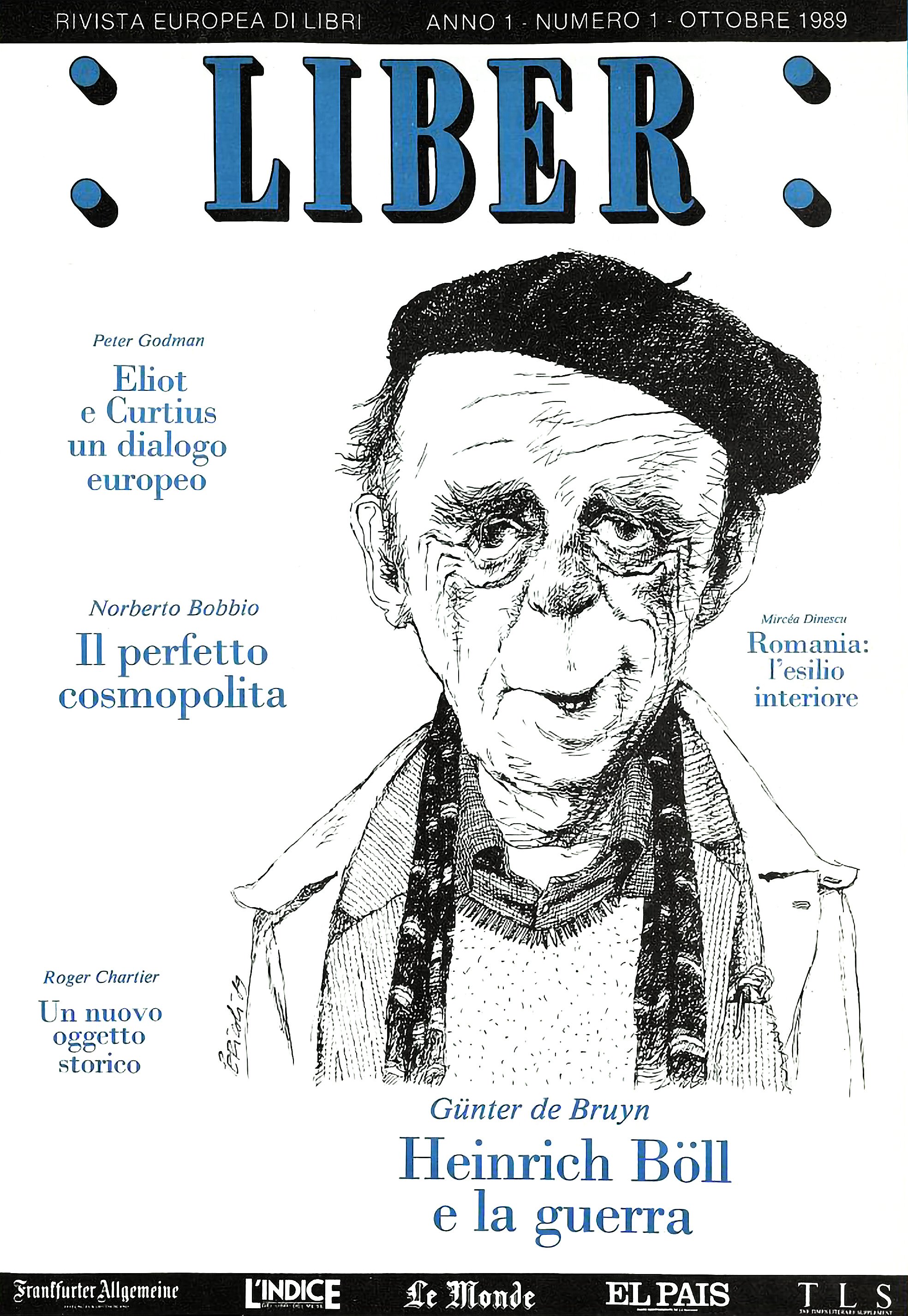MARIO MONTALCINI - Valuing heritage to build innovation
Passionate about classical culture since his days at the Liceo Classico Massimo d'Azeglio in Turin, Mario Montalcini has an innate love for culture in all its forms of expression. He has been able to professionally translate these inclinations by combining his organisational skills as a project manager with his determination to build "hybrid" entrepreneurial projects and initiatives, now publicly recognised, which seek to combine business, culture and social impact.
For twenty years he dedicated himself to urban regeneration, while in 2019 he founded Homes4all, a club of private individuals who invest in the social impact real estate sector. For over ten years he has accepted the responsibility of following L'Indice dei Libri del Mese (the Books of the Month Index) with commitment, while in 2016 he assumed the presidency of the Turin Book Fair with the aim of defending and promoting its relaunch.
In the context of his professional activity, Montalcini leads entrepreneurial initiatives - both profit and non-profit - in various sectors, with a common thread: building lasting innovation over time and enhancing the heritage of the past. Action and listening are the guiding pillars of his working approach.
We met him on the eve of the launch of Index Review, his new global publishing project.
Mario Montalcini
Mr Montalcini, when was L'Indice dei Libri del Mese born and what is its mission?
L'Indice was born in 1984, on the model of Anglo-Saxon review magazines such as the Times Literary Supplement and the New York Review of Books. We cannot identify a true and proper mission, because it is a term that does not belong to us. The magazine has changed and modulated over time. At its debut, as declared in the editorial of the first issue signed by Cesare Cases and Gian Giacomo Migone, the idea was to offer careful monitoring of the best of publishing. Over time, the critical analysis has also been modulated on other parameters, always keeping the safeguarding of the independence of judgment of the reviewers as a guiding principle. The Book of the month column, or the book to which we dedicate particular attention every month, has not changed but the newspaper has been enriched, over time, with wider spaces for reflection, always starting from the books, which open up to a discussion on contemporary phenomenologies.
Who is it aimed at and who collaborates with it?
It is aimed at strong and equipped readers, librarians, students; all those who seek independent reviews, separated from editorial logics. University professors, cultural journalists, industry experts, writers and poets collaborate on it.
The Turin Book Fair has just ended. What were the most important novelties of this 35th edition?
This edition was one of the luckiest of the season directed by Nicola Lagioia. Difficult to identify real novelties because this is a fair and, by definition, it is a commercial counter. New and combative publishing houses have appeared featuring Latin American women writers. The exhibition spaces have expanded and the presentations have multiplied. The work of literary agents is better managed and, therefore, at least from this point of view, the Salone has acquired an international dimension.
What is the current situation of Italian publishing?
Difficult to answer this question, which would require a sociological analysis that also takes into account financial data and changes in the readership. If we talk about paper publishing, then it is possible to say that the sector held up even and above all during the lockdown. And this is undoubtedly the sign that paper has not been confined to a marginal role compared to other supports. Italian publishing works at a fast pace: many titles every month, many translated works. In short, Italy, unlike other countries, is listening and trying to import foreign news.
How are Italian authors seen abroad?
If we think of the classics, such as Calvino, Levi, Morante, then we know how much they are loved and re-proposed, especially in the United States. On the contemporary, there are names like that of Alessandro Baricco who has unravelled the cards. Not to mention the Elena Ferrante phenomenon, which has been defined as a real fever. However, they are leading phenomena: our authors are looked at with interest but real editorial cases remain rare.
In this regard, the "Issue Zero" of Index Review, your new publication in English, has just come out in these days. How did the idea come about and how does it differ from L’Indice dei Libri del Mese?
We are in a moment of expansion and, given that our magazine has always had its eyes and head turned towards the world, we believe it is important to open up to new horizons, intercept readers, develop projects, forge agreements and alliances for the promotion of reading and reading criticism. For this reason, the idea was to partly take up the Liber project, launched by Gian Giacomo Migone and Pierre Bourdieu, and make a synthetic edition of the journal, with the best of the articles and a selection that can also open us to a international audience, as was precisely the case with Liber.
On the cover: Index Review, Issue 0
Illustration © Franco Matticchio
Graphics © Francesco Caponera
(Images courtesy of L’Indice dei Libri del Mese)






